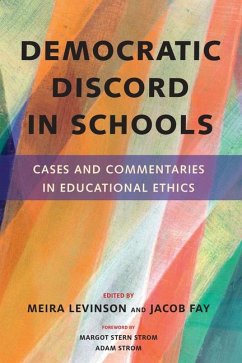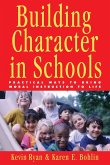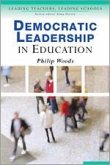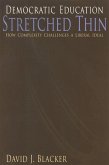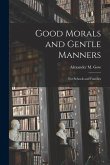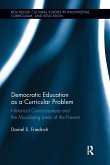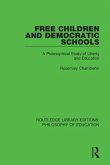Teaching in a democracy is challenging and filled with dilemmas that have no easy answers. Democratic Discord in Schools features eight normative cases of complex dilemmas drawn from real events designed to help educators practice the type of collaborative problem solving and civil discourse needed to meet the challenges of democratic education. Each of the cases also features a set of six commentaries written by a diverse array of scholars, educators, policy makers, students, and activists with a range of political views to spark reflection and conversation. This book provides educators with the tools to practice the deliberative skills they need in order to find reasonable solutions to common ethical dilemmas in politically fraught times. "Democratic Discord in Schools breaks new territory and offers concrete examples on the eternal synergies between our aspirations for the practice of democratic citizenship and the messy frictions educational practices struggle to manage. It is the book every teacher, parent, policy maker, and concerned citizen should read and ponder." --Marcelo M. Suárez-Orozco, Wasserman Dean and Distinguished Professor of Education, University of California at Los Angeles "This is a powerful and important book. The eight normative case studies are authentic, interesting, and provocative. The commentaries that follow serve to deepen understanding of the dilemmas at the heart of each controversy and provide alternative perspectives about what could or should be done." --Diana Hess, Dean and Karen A. Falk Distinguished Chair of Education, University of Wisconsin-Madison School of Education Meira Levinson is a professor of education at the Harvard Graduate School of Education, where she also serves as a graduate fellowship program codirector in the Edmond J. Safra Center for Ethics and as a coconvener of the Civic and Moral Education Initiative. Jacob Fay is a visiting assistant professor of education at Bowdoin College. Margot Stern Strom is the founder of the nonprofit educational organization Facing History and Ourselves. Adam Strom is the director of Re-Imaging Migration.
Bitte wählen Sie Ihr Anliegen aus.
Rechnungen
Retourenschein anfordern
Bestellstatus
Storno

